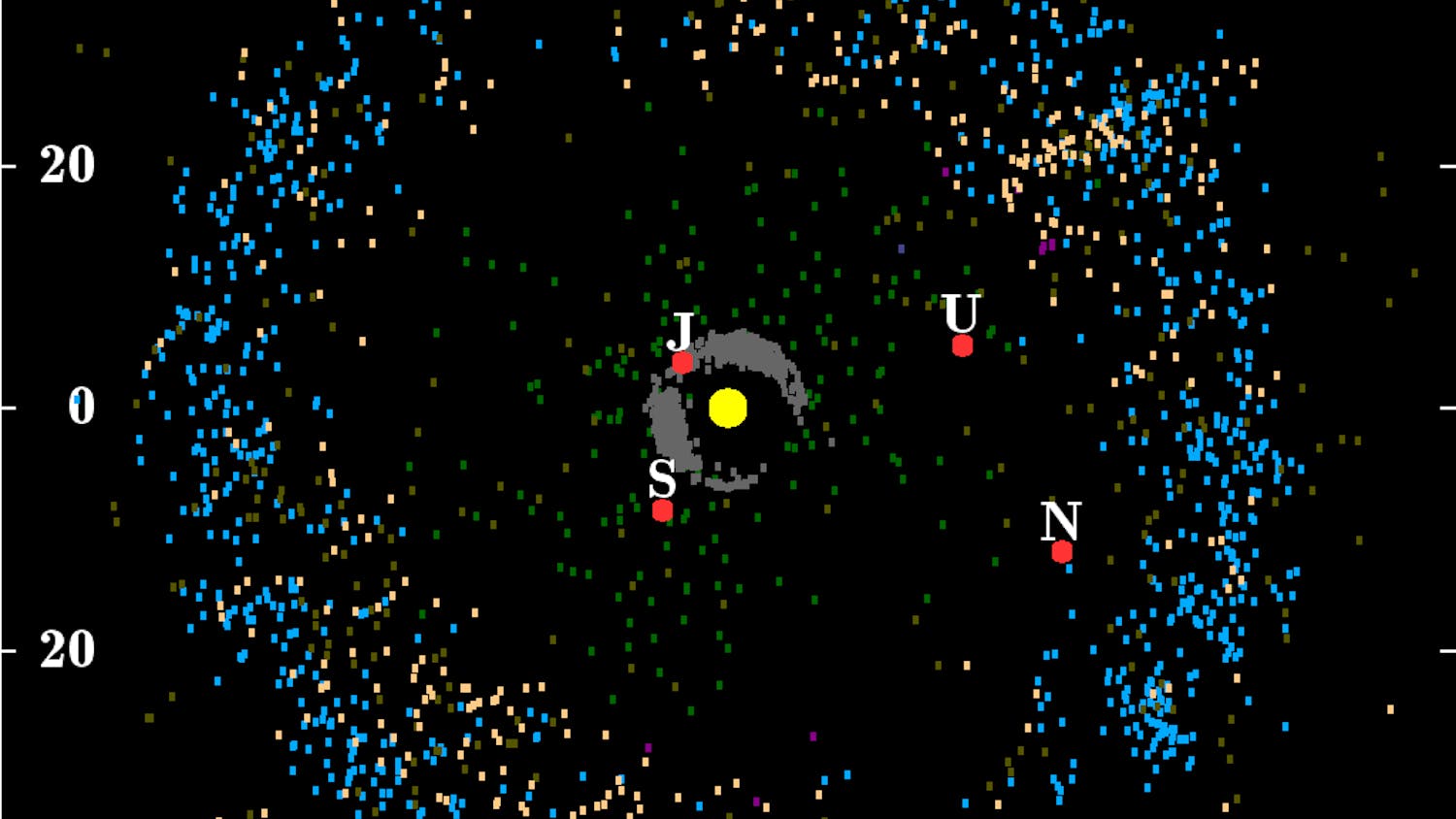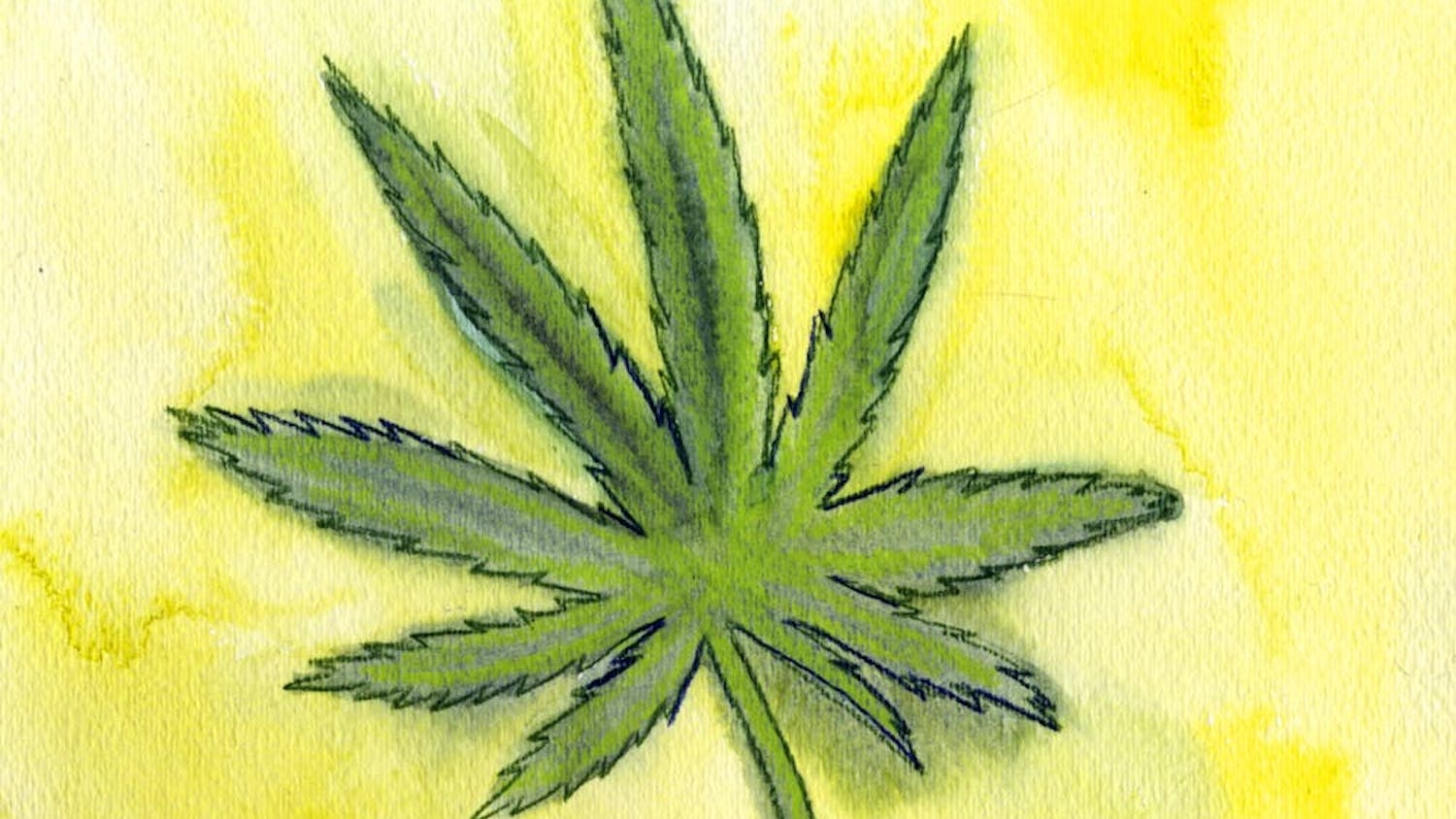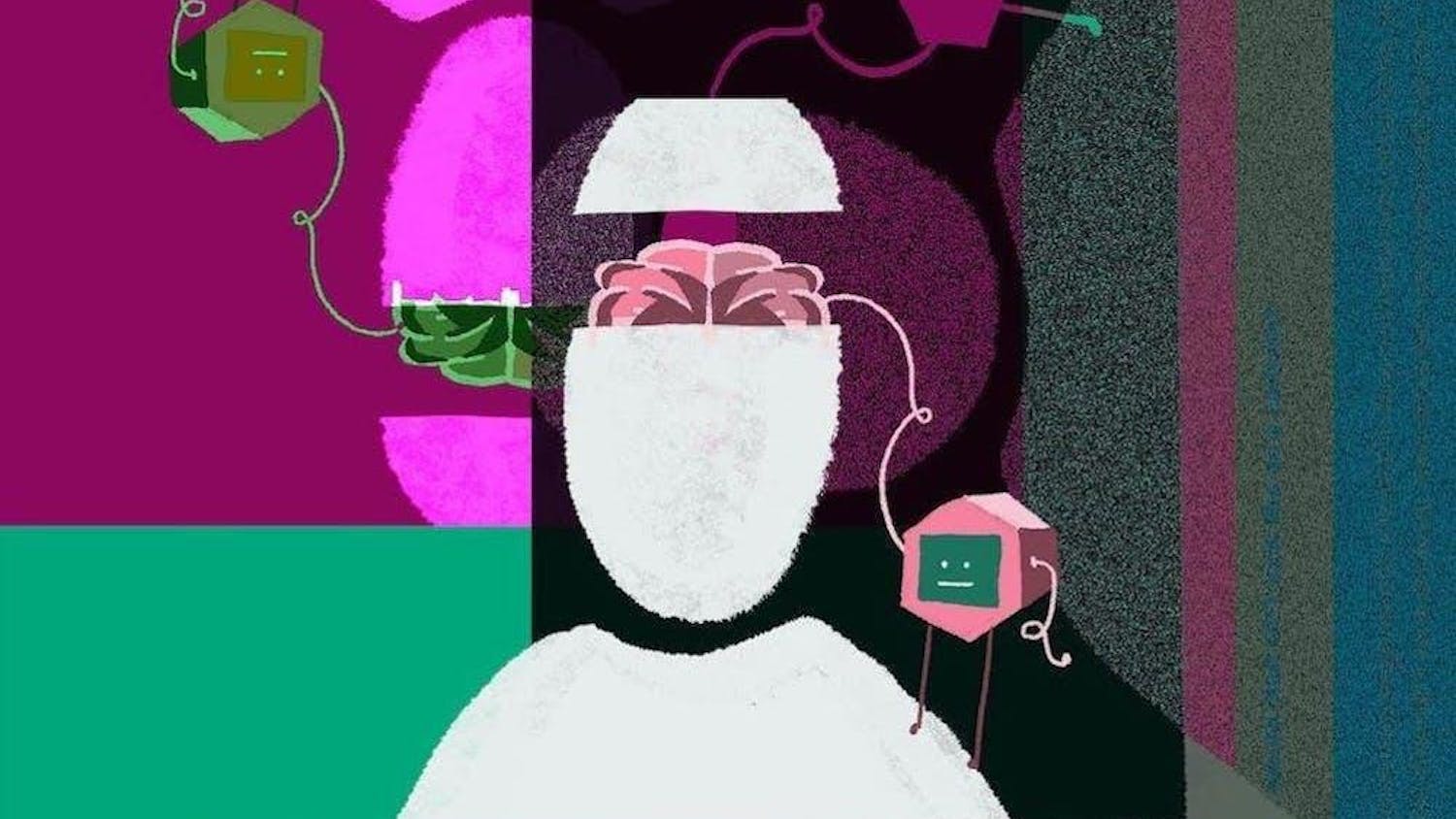President-elect Christina Paxson, dean of Princeton's Woodrow Wilson School of Public and International Affairs, has expressed her intention to make expanding research at the University a top priority when she takes over next year. Paxson, a researcher herself in her pre-administrator days, has conducted studies examining the intersection between economics and public health.
Paxson and a team of researchers set out to examine the risks facing low-income mothers attending community college in 2003. But, in 2005, after Hurricane Katrina hit New Orleans, where two of the participating community colleges were located, the researchers shifted their focus and decided to examine the effects of a large-scale natural disaster on mental health.
The study revealed that many of the participants suffered long-lasting psychological trauma from the storm, including sustained higher levels of psychological distress and post-traumatic stress symptoms. But Paxson's team also found that many victims were remarkably resilient in piecing their lives back together.
The study's findings, publicly released last November in the journal Social Science and Medicine, showed that 11 months after Katrina hit New Orleans, almost half of participants suffered from post-traumatic stress symptoms and more than a third suffered from psychological distress. A second follow-up nearly five years after the storm revealed that 32.7 percent of the participants still suffered from post-traumatic stress symptoms and 29.7 percent still experienced psychological distress.
"I was surprised at the persistence of mental health problems," Paxson said, adding that those who experienced the highest levels of psychological problems were also more likely to have lost a relative or suffered the destruction of their home. "Hurricane Katrina was, in some sense, a long-term disaster," she said.
All 942 of the study's participants were women, with most being black mothers from low-income backgrounds. At the beginning of the study,Paxson and her co-researchers distributed a survey to the participants about their mental health, which included an assessment of signs of psychological distress. After the storm, the researchers conducted two follow-ups with the survey's respondents, but numerous participants had been displaced from New Orleans by Katrina. The final sample size was 532.
The study's findings show that people who share race, gender and income identities can experience remarkably different mental health effects in the wake of natural disasters, said Elizabeth Fussell, an associate professor of sociology at Washington State University and one of the study's co-authors.
"It was very interesting to see the heterogeneity of the trajectories of mental health after the disaster," Fussell said.
Before and after
"Nobody usually has data on how health is affected by disaster," said Mary Waters, one of the study's co-authors and a professor of sociology at Harvard. She said the study's pre-storm mental health data enabled the researchers to do a before- and after-the-storm analysis.
"It's really quite rare that (there are) studies that have both before and after outcomes," said Narayan Sastry, associate director of the Survey Research Center at the University of Michigan's Population Studies Center, who was not involved in the study.
One difficulty the researchers faced was compiling the data when so many of the participants were dispersed across the country. "We had to work on a very compressed time scale," said Jean Rhodes, another co-author of the study and professor of psychology at the University of Massachusetts Boston.
Despite these challenges, the researchers succeeded in producing a thorough and well-done analysis, Sastry said.
But Sastry added he felt one weakness of the study was its narrow focus on black, low-income mothers. "It's not representative of the whole population before Hurricane Katrina," Sastry said. "That's a limitation, but for that particular group, it tells us a lot."
Mark VanLandingham, an associate professor of international health and development at Tulane University who also served on a National Institutes of Health review panel of the study in 2007, wrote in an email to The Herald that he believed the demographic makeup of the participants was an asset to the research. "It provides a window into how a group of potentially upwardly mobile disadvantaged young mothers fare after such setbacks," he wrote.
Lingering effects
The study found that many of the participants viewed the storm as an opportunity for personal growth and recovery. Since other studies revealed a higher level of psychological distress among the general population than among the study's participants, this resilience was striking, VanLandingham wrote.
Paxson said she was also surprised by this finding, adding that she hoped her study would lead to future research into the consequences of mass migration out of impoverished areas like the New Orleans neighborhoods hit by Katrina.
According to Paxson, one key finding of the research was the discovery that disaster victims continued to experience high levels of mental health problems many years after the storm, showing the need to look beyond the storm's immediate aftermath.
"The lesson here is it's not really over," Paxson said. "People are scattered all over the place and that poses challenges of providing social support to victims."
'Focused on the task'
VanLandingham described the study as evidence that Paxson is a strong leader "with a long term perspective."
Paxson's co-authors unanimously pointed to her as responsible for securing a majority of the study's funding from the National Institutes of Health. The study was also funded by the National Science Foundation, the MacArthur Foundation and the Princeton Center for Economic Policy Studies.
Paxson also kept the team of scholars unified. "We work wonderfully together," Waters said, adding that Paxson was an unusual economist because she did not believe economics had "all the answers" to their research. "She's really very intellectually curious across different disciplines."
"A lot of people would have thrown up their hands after the hurricane hit," Fussell said, describing Paxson as the key to turning what could have been a failed project into a success. "Chris always takes the bull by the horns, and she keeps us all focused on the task."
Rhodes said she hopes Paxson would remain connected to the study's ongoing research even after becoming the Brown's president. "I do think there's some level of loss because of her intellectual engagement," Rhodes said.
Paxson said she does not believe she will have time to maintain her status as a researcher, adding that she is in the process of requesting that the study's funding be transferred from Princeton to Harvard, where Waters continues to work.
Paxson has already received invitations to attend research conferences at Brown and said she looked forward to seeing future research on the relationship between mental health and natural disasters.
"Research is what keeps me connected to economics and the world of public policy," Paxson said. "It's really helped me to apprec
iate what a lot of my colleagues are doing."
Paxson said conducting research projects like the Katrina study helps her to better understand the material she teaches in the classroom. "Teaching and research can go hand in hand," she said.




